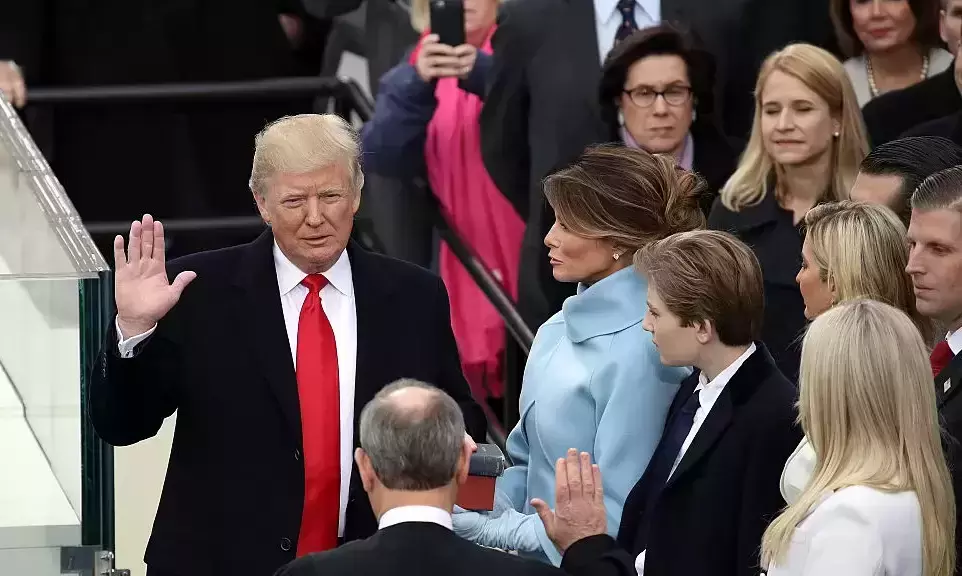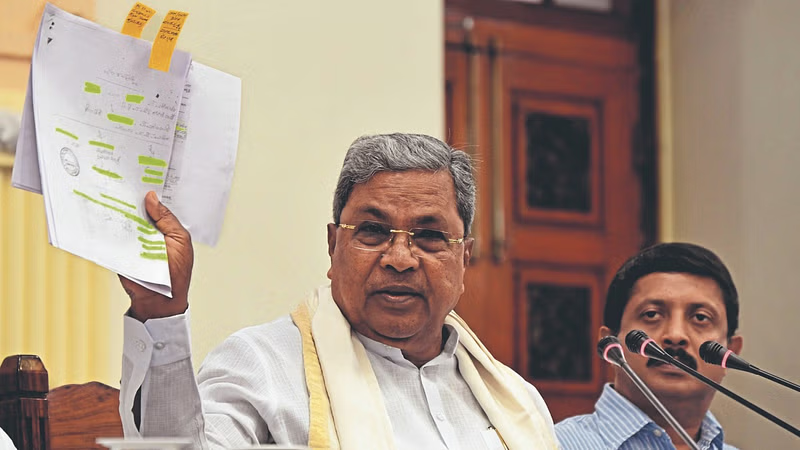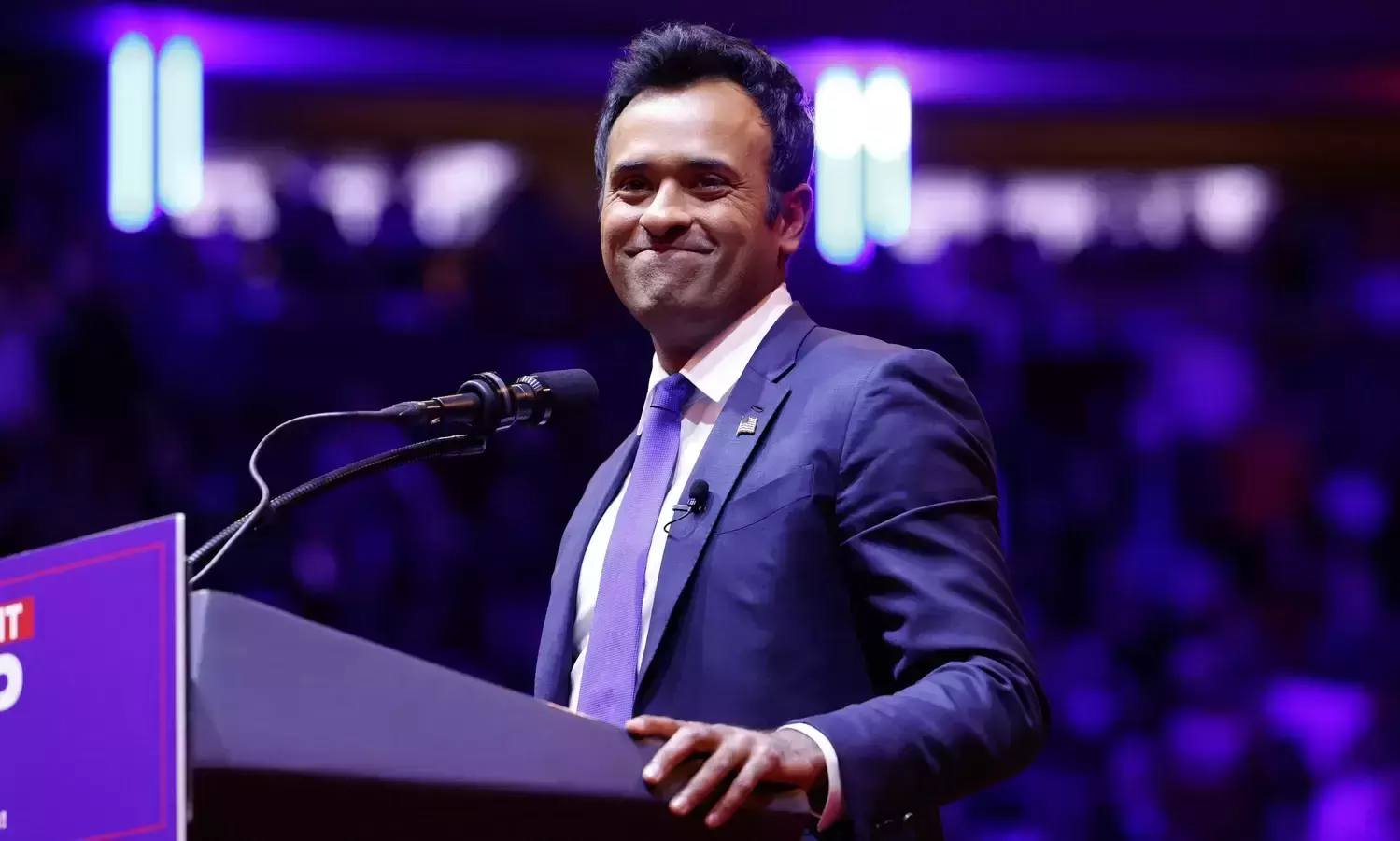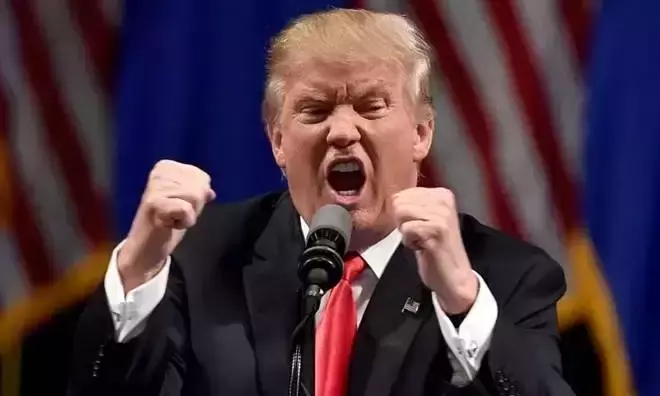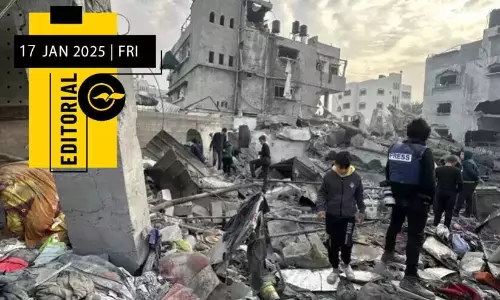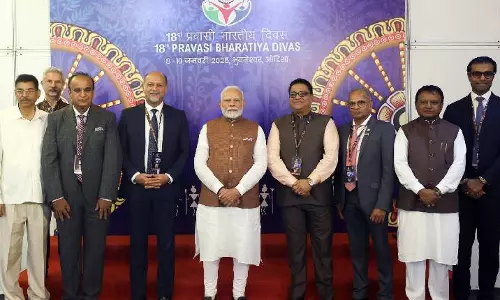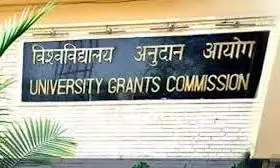
Centralisation thrust in new UGC regulations
text_fieldsThe University Grants Commission (UGC) has released a new draft Regulations including academic standards in colleges and universities and appointments of teachers and vice-chancellors. Comments and suggestions can be submitted by February 5 on the draft (titled Draft University Grants Commission (Minimum Qualifications for Appointment and Promotion of Teachers and Academic Staff in Universities and Colleges and Measures for Maintenance of Standards in Higher Education Regulations, 2025), released by Union Education Minister Dharmendra Pradhan on January 6. This window of time is not sufficient to study and comment on such an important and comprehensive document, especially when those who are responsible for providing it are busy with their normal work. Most of the time, the Central government makes decisions unilaterally in many law-making and project planning exercises and then proceeds after perfunctory discussion. So this is not surprising, which is indicated by a clause in the document. Which is that the colleges and universities are required to amend the relevant statutes, ordinances, etc. applicable to them within a maximum period of six months. Whether the UGC will accede to relaxing the time frame remains to be seen.
Also read: CM Stalin criticises UGC's move giving governors more power in VC appoinments
It may still take time for the experts to evaluate the sections of the rules in detail and formulate opinions. However, comments have already started coming in about some important changes. Provisions such as eligibility for teacher appointments, eligibility for VC appointments, permission to contest for those from outside the academic domains, from the fields of industry and government administration, the method of selection and the composition of the panel for selection of VC's have already come under adverse comments. Tamil Nadu Chief Minister M.K. Stalin has come forward with strong criticism. Tamil Nadu has already virulently opposed the provision of the UGC representative on the panel that selects the VCs. Tamil Nadu passed a legislation that seeks to eliminate the Centre's upper hand in appointments, but it got stalled as Governors who side with the Centre have put obstacles before it. In the proposed rules, the Vice-Chancellors are to be nominated by a panel consisting of a representative of the Governor/Chancellor, a representative of the UGC, and a representative of the Senate/Syndicate, the apex body of the University. Among these, the nominees of the Governor and UGC Chairman appointed by the Centre will naturally be the favorites of the Centre. In other words, the will of the Centre will prevail with the 2/3 majority it will effectively enjoy. At this rate, within a few years, the BJP government will have a vice chancellor who follows its whims in every university in the country.
Also read: UGC tells HEIs to disclose their fee, scholarships, rankings on website
Currently, in Tamil Nadu, the selection panels are based on the statutes of each university and most of them have representatives of the Governor/Chancellor, Senate/Syndicate, and state government. A completely centralised system is going to eliminate this system which is relatively fair and may not always be susceptible to political positions. The draft law also warns of the consequences if the reforms are not implemented. Clause 11 under the heading Consequences of Violation of UGC Rules virtually 'threatens' that such institutions will lose their rights and privileges. This can be presumed to include recognition of courses offered by UGC and development assistance which may be blocked. With that, universities will become unsustainable without official recognition. That is why Tamil Nadu Chief Minister Stalin responded in strong language that his government would contest these conditions legally. Education comes under the Concurrent List in the Constitution, where the Union and the states can make laws. However, the state governments, which have virtually no role in the selection of VCs, will be almost excluded from the higher education sector.
Also read: UGC chief slams academicians' objections to NCERT's 'rationalisation' in textbooks
There may be provisions containing other innovative dimensions as guidelines for higher education institutions. Content addressing the new era is also visible here and there. But the centralist approach embedded in the Centre's political DNA and negation of the rights and uniqueness of the states can be discerned here too. The educational system that defines a nation and its people should naturally reflect the multiculturalism of India and the rights and privileges of the states. Instead, what is seen here is a continuation of the monolithic approach of the current government in all spheres which is not limited to the political rejection of the federal system but extends to the cultural sphere in its denial of cultural diversity of states. Criticism and resistance will be inevitable wherever that thrust is given a place.





